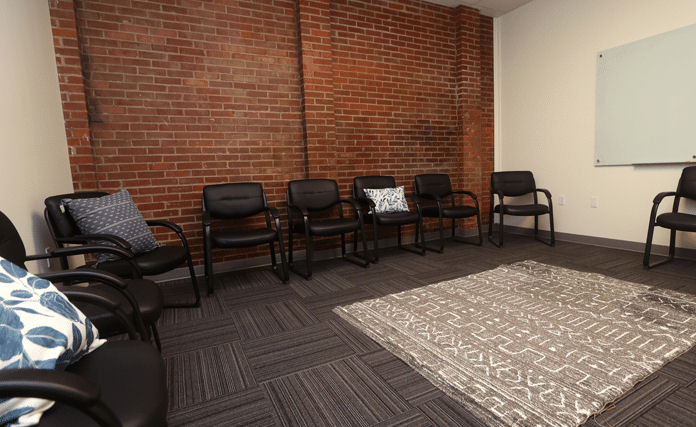Addiction treatment also provides emotional support and professional guidance that encourages positive lifestyle changes, including improved communication skills and better decision-making. Treatment helps people create an action plan for maintaining long-term sobriety and contributes to overall physical, mental and social well-being.


How Does Substance Abuse Treatment Work?
![]()
Alcoholism
![]()
Cocaine Addiction
![]()
Fentanyl Addiction
![]()
Heroin Addiction
![]()
Meth Addiction
![]()
Opioid Addiction
![]()
Prescription Drug Abuse
![]()
Tramadol Addiction
![]()
Xanax Addiction
Benefits of Addiction Rehab in Indiana
One key benefit of addiction rehab in Indiana is its comprehensive approach to treatment. The state boasts a variety of facilities that provide comprehensive care for individuals struggling with addiction, including both inpatient and outpatient programs. Inpatient programs often involve detoxification, psychotherapy, group therapy, family therapy, and relapse prevention counseling. Outpatient programs, on the other hand, may include medication management, cognitive-behavioral therapy, motivational interviewing, and more.


















